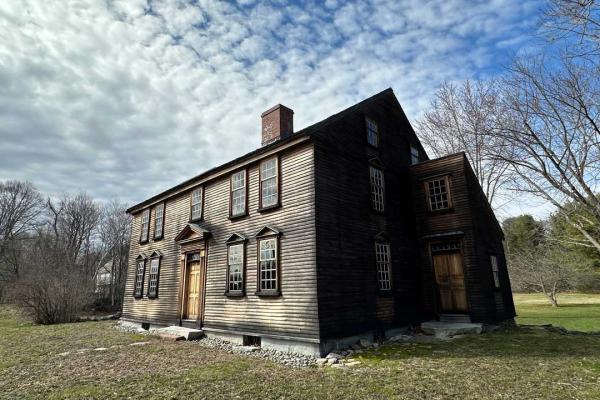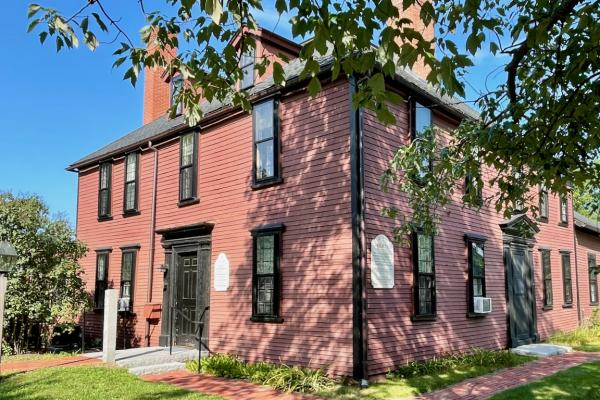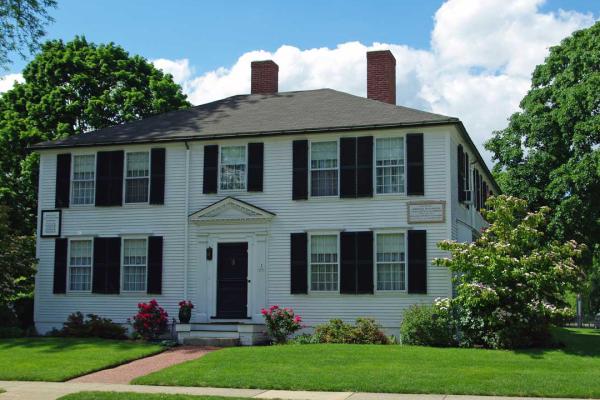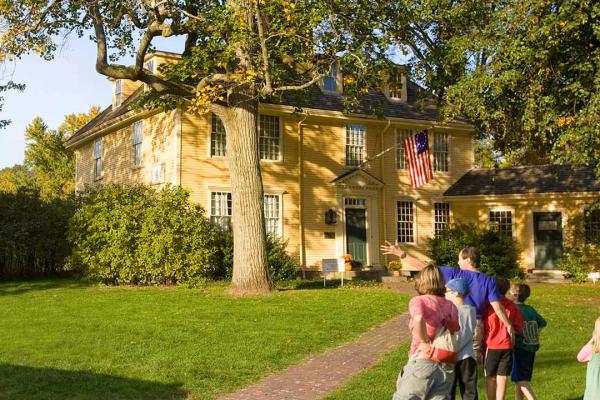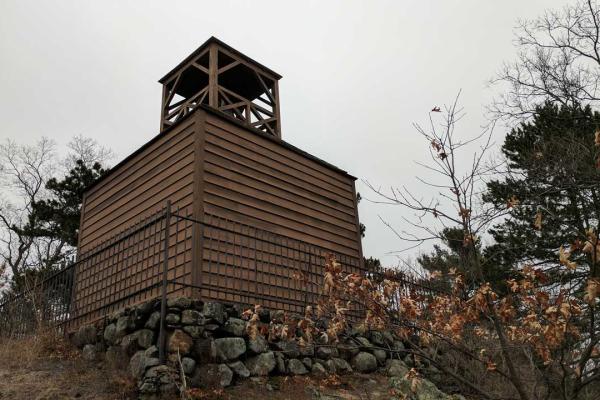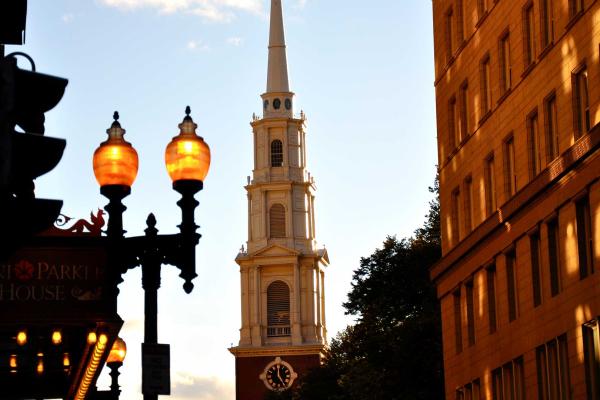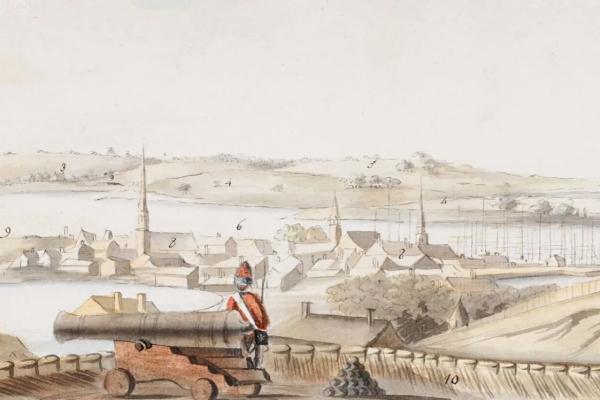The Buttrick family were among the founders of Concord in 1635, with William Buttrick owning 215 acres. Jonathan Buttrick built this house in the 1710s, and by 1775, it was owned by his son, John Buttrick. John was a respected community member who served on revolutionary committees and as an officer during the Siege of Boston, the Saratoga Campaign, and the Newport attack. After the war, he continued to live in Concord.
Today, visitors can explore the Buttrick House, preserved for its historical significance. Nearby, Minute Man National Historical Park offers insights into the opening battle of the American Revolution, including the North Bridge and the Minute Man Statue. Additionally, the Old Hill Burying Ground and the Concord Museum provide further insights into the area's rich history. These locations highlight Concord's pivotal role in the fight for independence.
What's Nearby
Explore more of The Liberty Trail by visiting these nearby attractions.
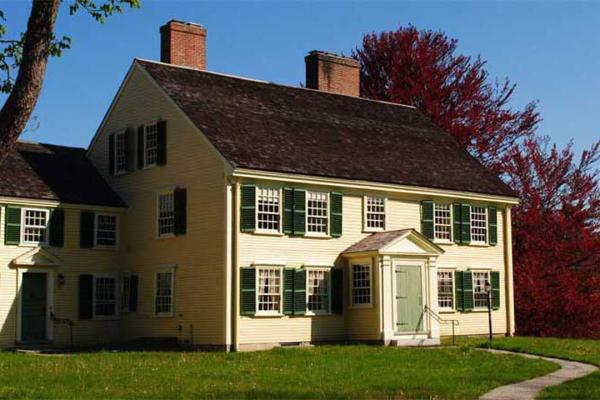
Concord, MA 01742
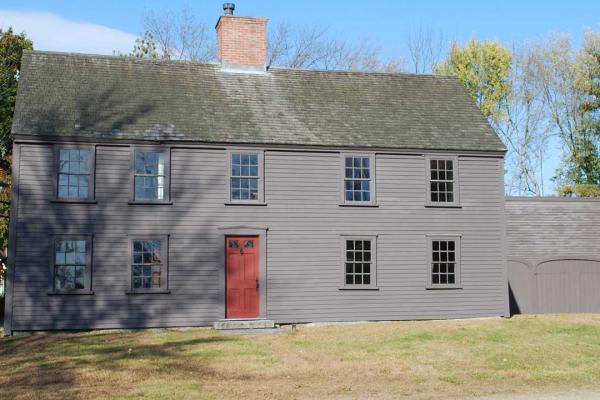
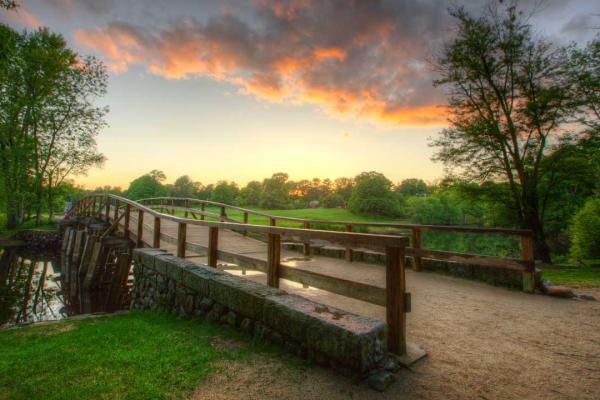
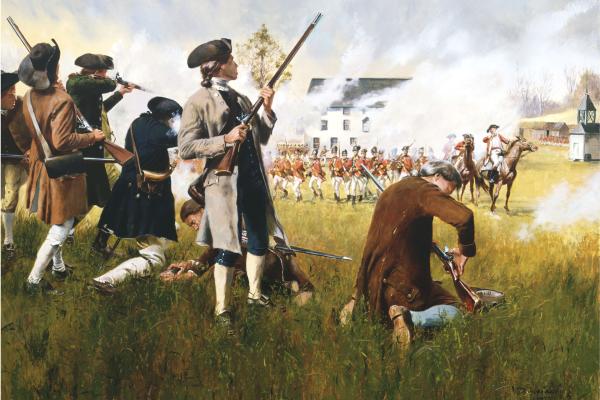
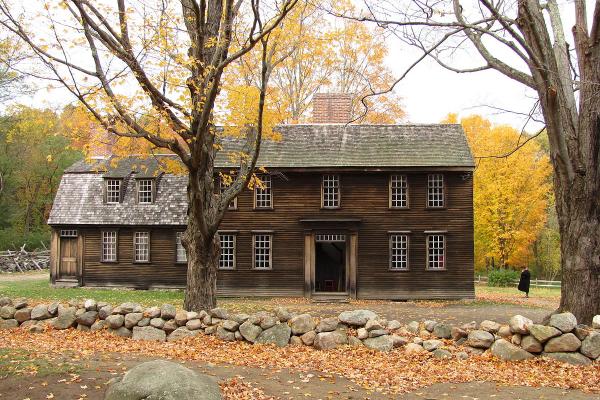
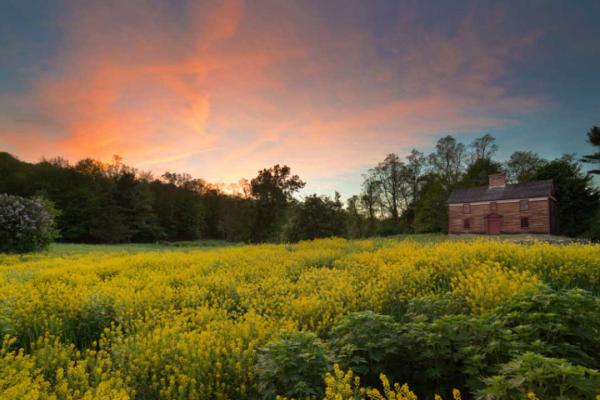
Lincoln, MA 01773
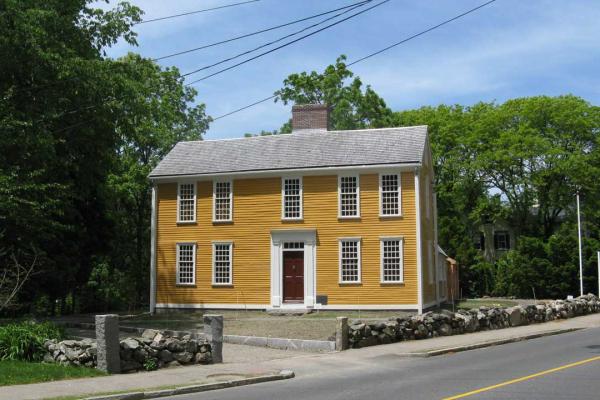
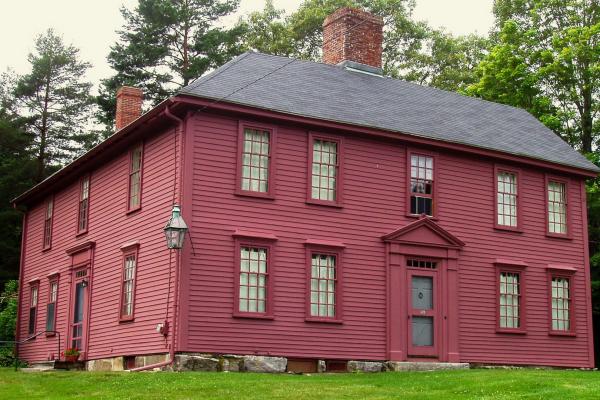

Weston, MA 02493

Waltham, MA 02453

Wayland, MA 01778
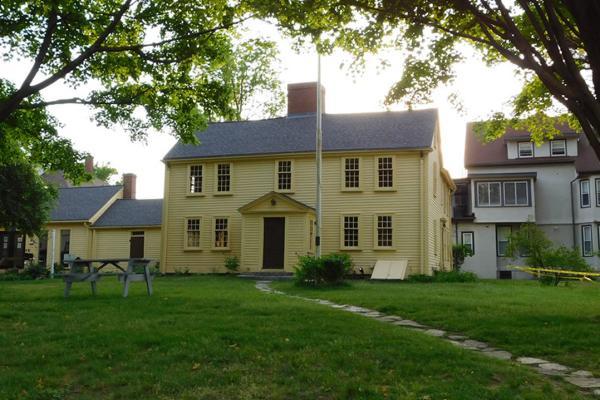

Watertown, MA 02472

Way, MA 01778

Cambridge, MA 02138

Framingham, MA 01702

Marlborough, MA 01752
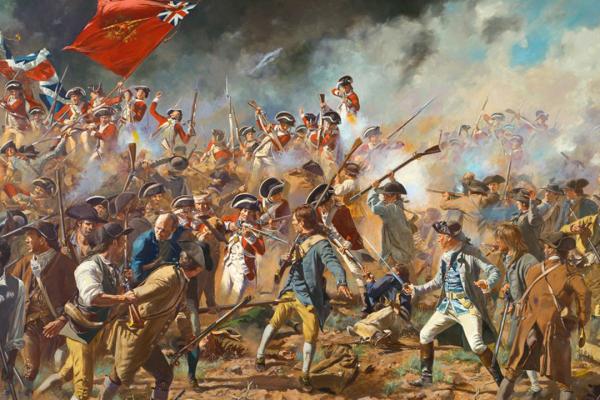
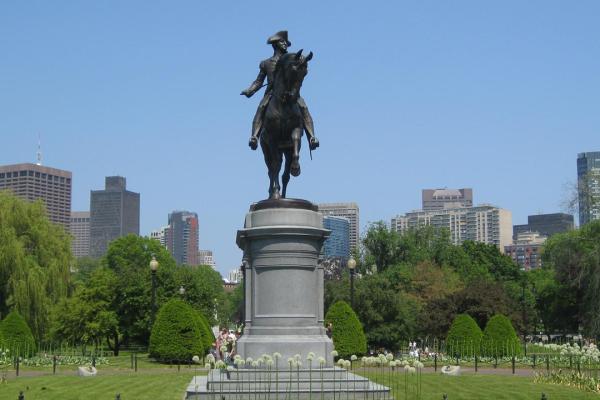
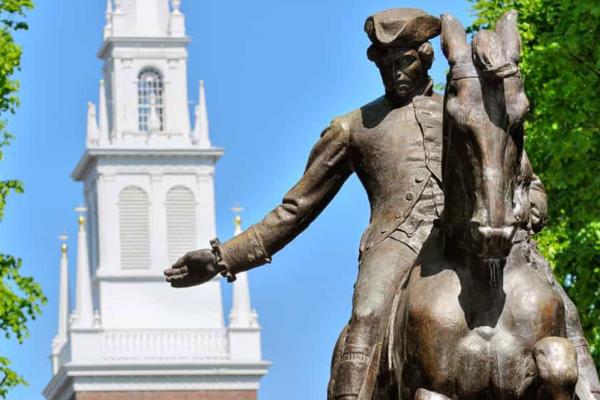
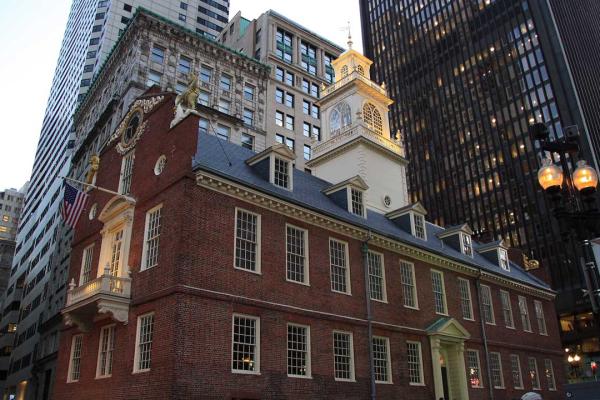

Roxbury, MA 02119
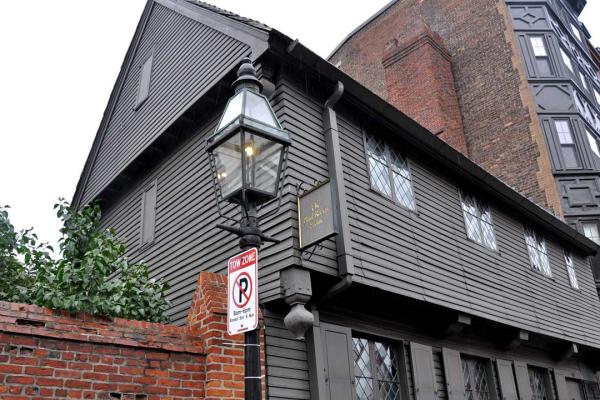


Southborough, MA 01772


Boston, MA 02127

Northborough, MA 01532

